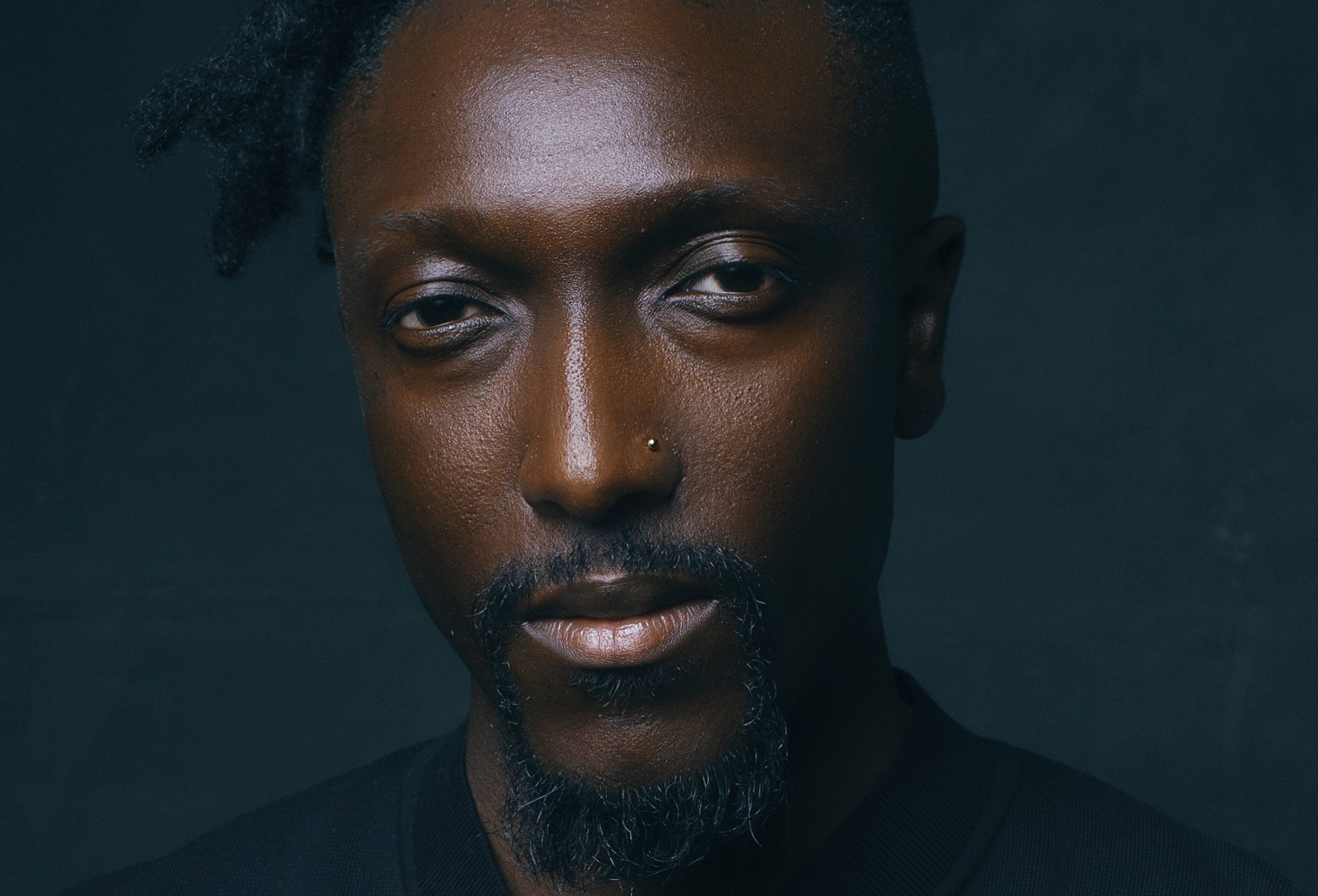
Few directors can say they cut their teeth on one of Beyoncé’s most iconic projects. For director Joshua Kissi, something as moving as Black Is King is all a part of his mission as a visual storyteller.
“For me, just to give more context to the stories that move me, is the aspect of having Black stories with depth and nuance. I think right now we’re in a space where our story’s becoming ever so popular, ever so accessible in a lot of ways.”
Kissi had the unique opportunity to expand that story, specifically as it pertains to the Black architecture of American Music, via his latest film effort For Love & Country. Taking a deep dive into Country music, its history, and the Black musicians that make it today, in collaboration with Amazon Music, the film is a complicated love letter of sorts to a genre in which many don’t realize how heavy a hand Black people play.
“Country music was something that I think had tension to it, as well as the relationship of the genre with the [Black] community, it’s something I felt needed a dialogue opened around it,” Kissi explained.
When approached about the project by Raymond Roker, head of Amazon Music, Kissi took what he called a “perfect opportunity” to tap into the subject matter on a major platform. The director wanted to examine that complicated relationship for Black country artists to a medium that, though pioneered by people who look just like them, is domineered by some that don’t always welcome them with the most open arms.
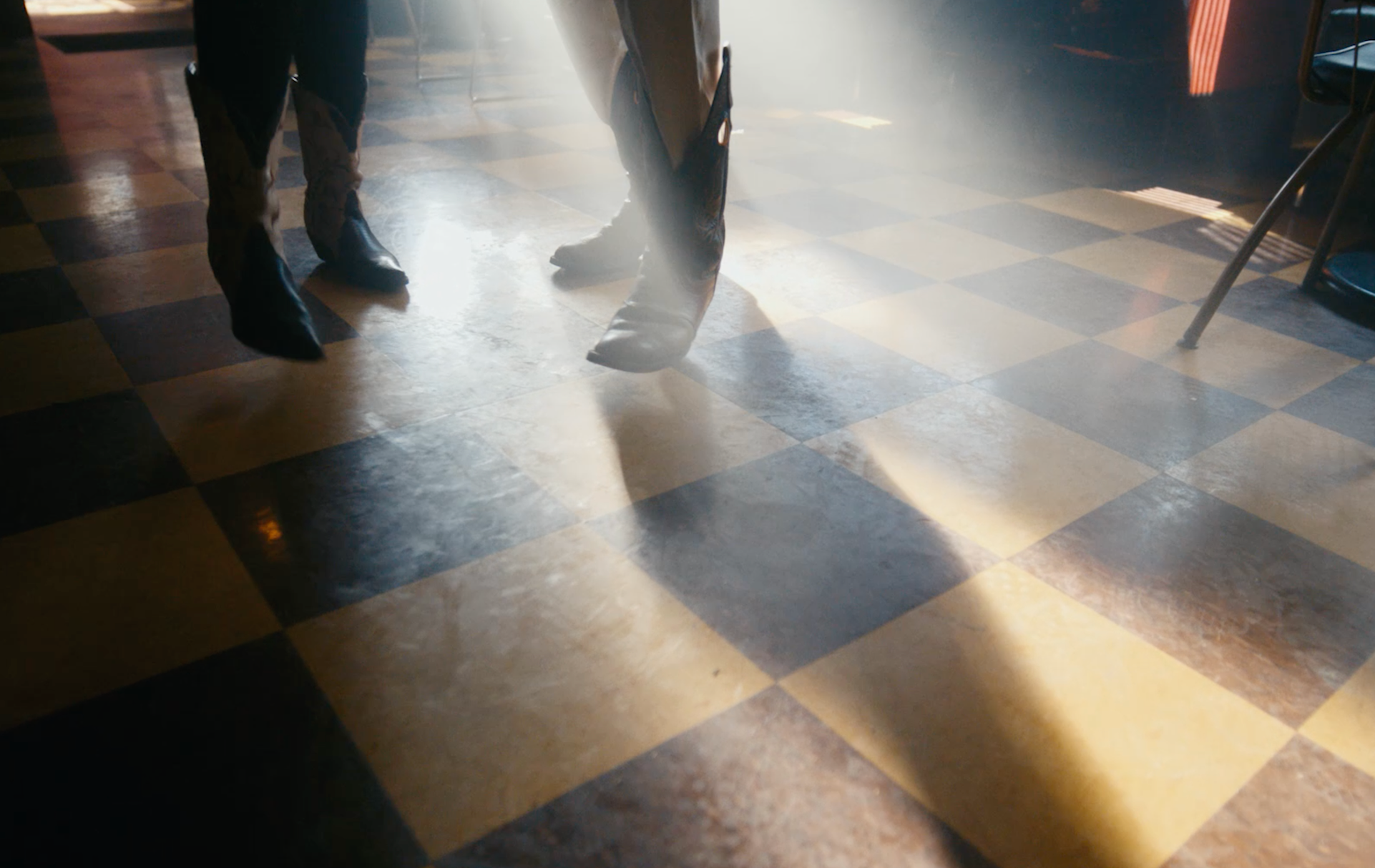
“I was really trying to convey a feeling of openness and vulnerability,” Kissi explained of his approach. “Country music is just as complex as this country. There are some things you’re going to appreciate. There are some things that you’re going to find morally wrong. There are all of these perspectives within the genre I thought were really important.”
Taking on the project proved to be a learning experience for Kissi himself, who admitted that he initially had a limited scope and knowledge of what Country music is. The film was shot primarily in Nashville, Tennessee; a town so synonymous with Country and Western music and steeped in a rich Southern history, it was an eye-opener for the New York-bred photographer and director.
“When I went down there, I didn’t want to come off as somebody who was just coming in, trying to just tell a story, make a buck and continue going,” he said. “I really, truly tried to learn, experience, listen, and make the best-informed story with all of those different elements. Instead of assuming anything, I went down there with no assumptions.”
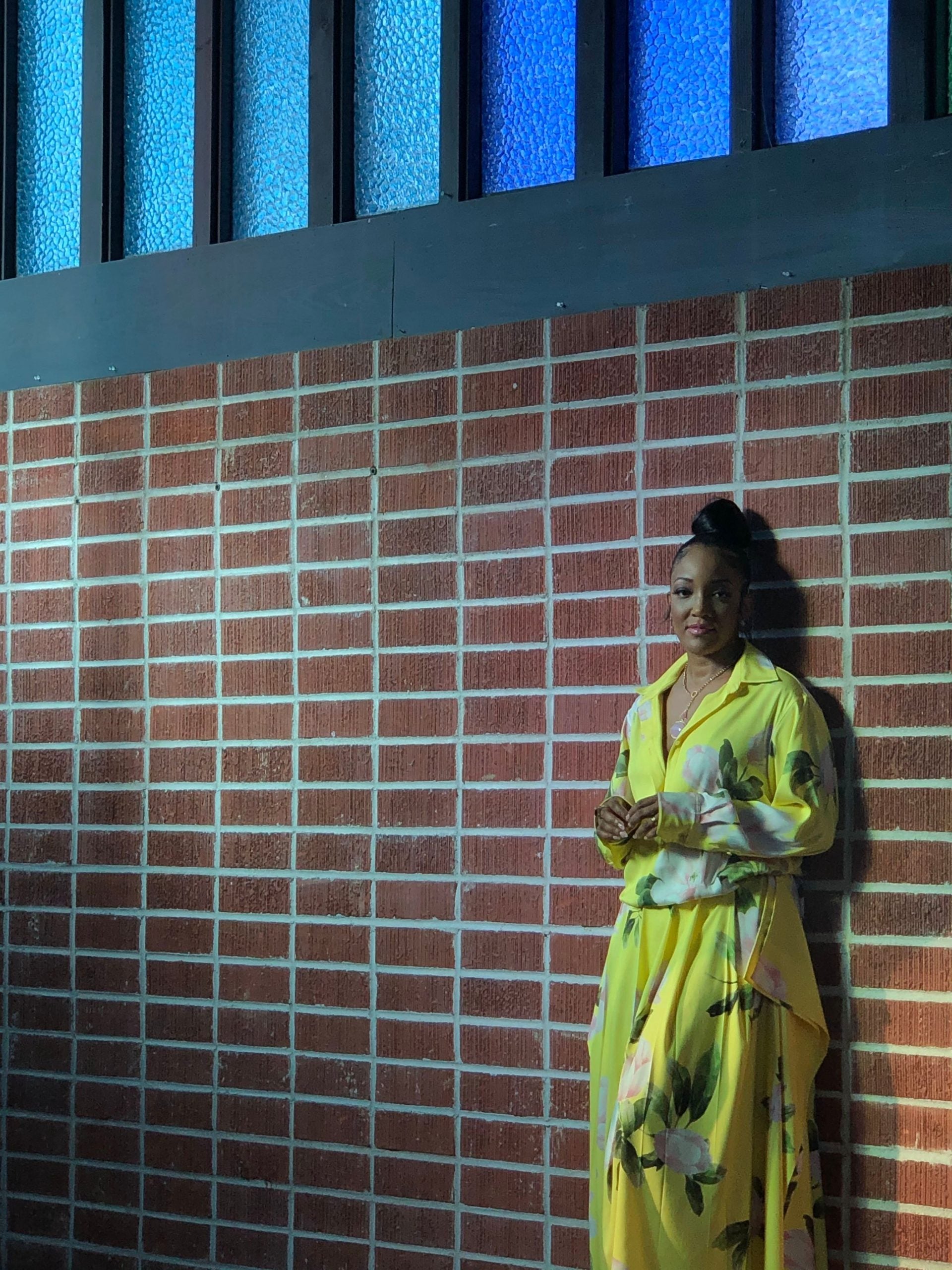
The film features perspectives and testimonials from Country music stars like Brittney Spencer, Mickey Guyton, BRELAND, Blanco Brown, and Reyna Roberts to name a few, each detailing their love of the genre and their unique experiences navigating its complicated history and industry landscape.
Though it’s largely seen as the soundtrack to rural white American life, Country music has deep roots in West Africa – a fact which was surprising for the Ghanaian-American director, as well as many viewers who’ve seen the documentary.
Country found its footing on the basis of the use of the fiddle and the banjo, an instrument brought across the Atlantic alongside hundreds of thousands of African people and their musical traditions starting during the early to mid-1600’s.
“Some of the other elements, as far as the banjo being taken from West Africa – alongside people, unfortunately – and the banjo itself being an important part of Country music’s inception was also something I’d heard of, but didn’t know any hard facts around,” Kissi revealed. “It was really interesting to think about how this instrument has traveled alongside people and has been able to still be a part of a tradition of music in a way.”
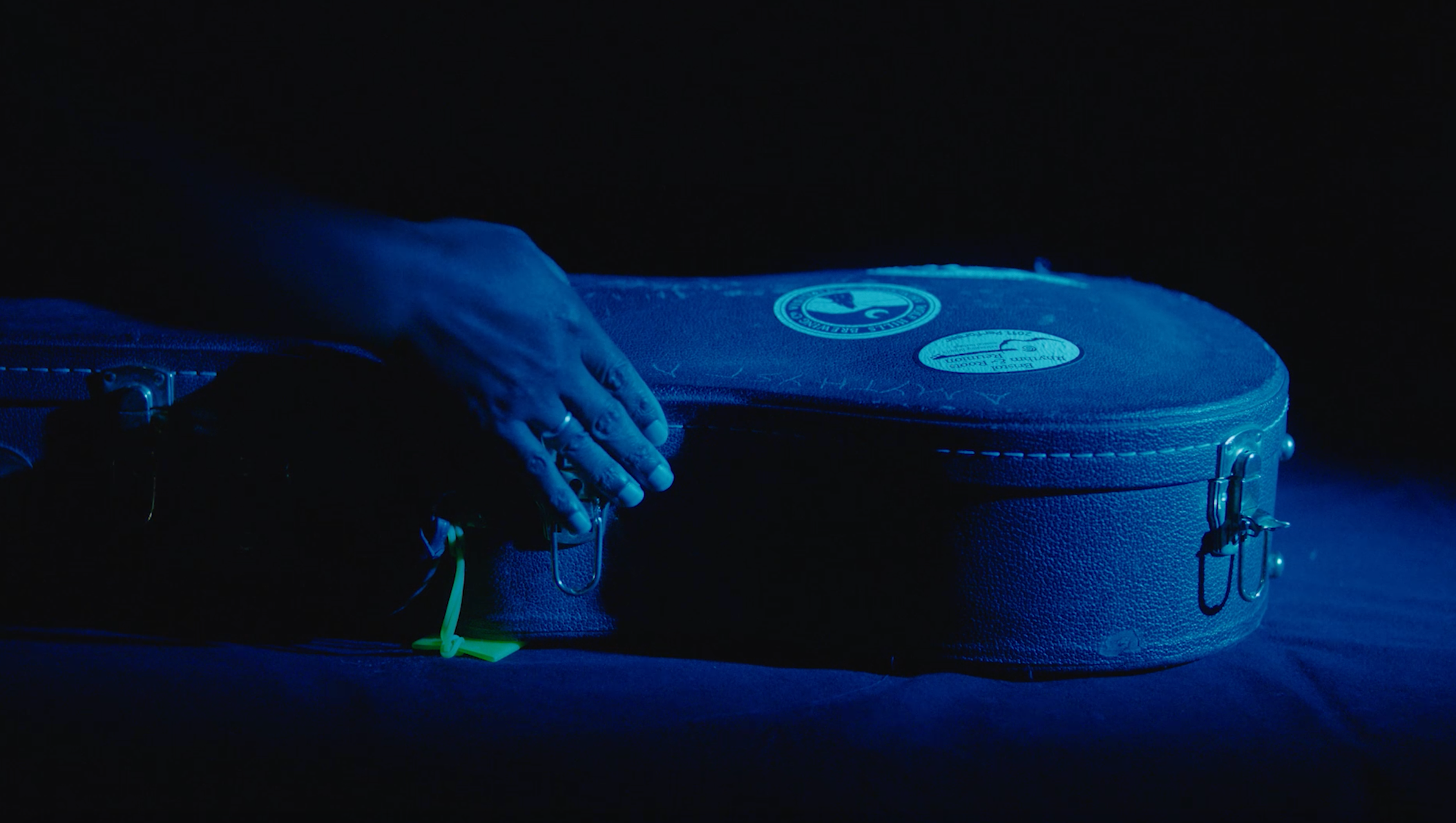
It’s complicated nuances like this that Kissi explored in depth using his unique style of visual expression. Things became even more nuanced and complicated when the director, crew, and stars of the film realized that one of their primary shoot locations would be another source of conflicting emotion.
“One of the locations we filmed at was a former plantation,” Kissi revealed. He admits he was taken aback, as though they were looking for a large older home with a lot of land to shoot on, its history was something none of the crew had any idea of prior to arriving. “Once we realized, I think we just had an overall open moment between everybody on set, just trying to honestly honor the people that have lost their lives or the people that have worked this land. The fact that we’re telling this story on this land was truly important to recognize.”
“I’m born and raised in America, but I’m also from Ghana,” Kissi observed. “It was almost like a full-circle moment, because here I am with generational African American people, as well as me being first-gen from Ghana, a place that people were taken from. It was like we were all there for a certain reason.”
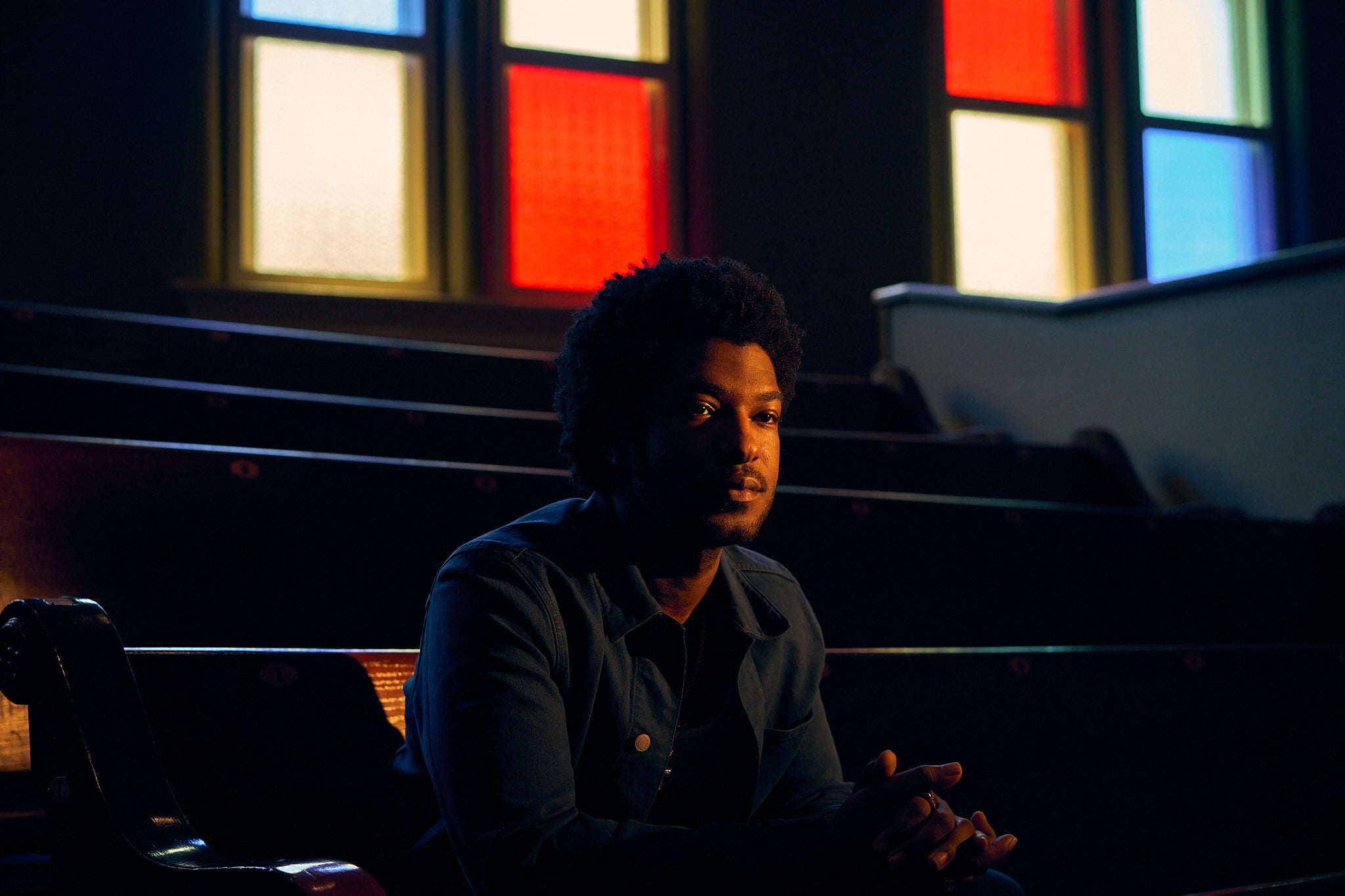
“I think that was the first time, standing on that soil, being in that space, where I was able to register a feeling that I just haven’t felt before in a way, unless you’re going to Elmina Castle in Ghana. It’s that type of feeling, where it’s just like, ugh, you’ve just got to sit with it all. I hadn’t done that on American soil in that way, and then was tasked to create in that space as well.”
The property owner, recognizing the weight of the location on the crew, asked that they still consider using the space to film. Not only did she see it as an honor to have that story told there, but invited them to take the opportunity to reclaim power from the space rather than leave with a solely negative perspective.
“The feeling I got was that the ancestors were telling us: ‘Tell that story at the highest level. Don’t be afraid to tell this story. Don’t shy away from it. Tell this story as you should, to honor us.'”
“I wanted it to be this love letter to our community, first and foremost,” Kissi said of his film. “To be able to handle this story with care and intention was so important – to not overshadow the American story. Just to wonder, “How can I be the banjo myself in this way? How do I integrate myself into this story, this culture in a beautiful way, and honor Black people globally and recognize where we’ve been?”
Suffice to say, Kissi and his crew found a way, and it was done beautifully. Take a look at the trailer of For Love & Country below, now streaming on Prime Video:





